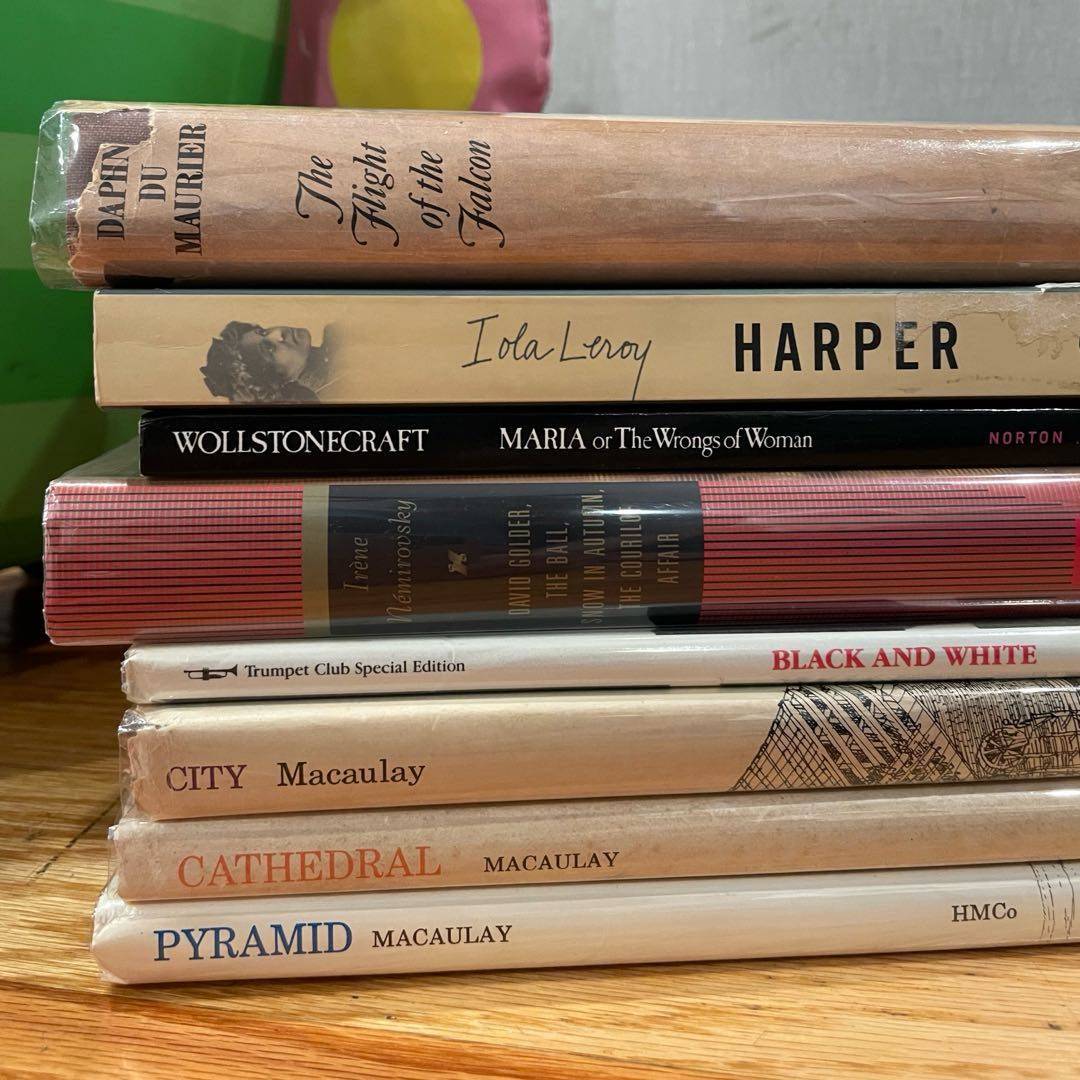
Really overly excited about this massive #bookhaul from a used bookstore in Philly.
Yes, all of this fiction counts as rare as per my 2025 reading challenge. 😬😬😳😳🤪🤪

Really overly excited about this massive #bookhaul from a used bookstore in Philly.
Yes, all of this fiction counts as rare as per my 2025 reading challenge. 😬😬😳😳🤪🤪
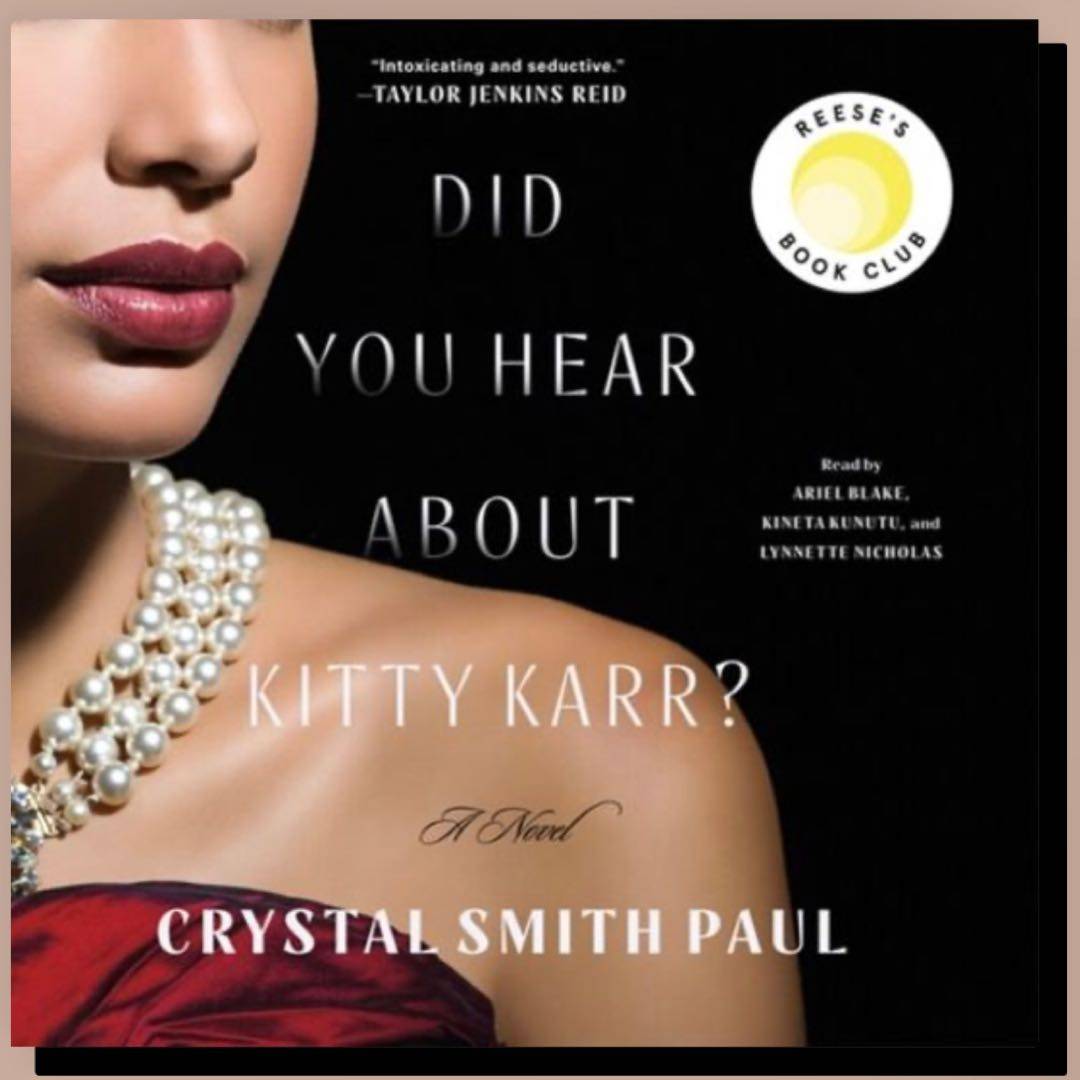
Plan to start this one tomorrow and listen while I work.

A dual timeline Hollywood book, that I think might have been easier to follow if it had been told linearly. I liked the beginning and the end but got lost a bit in the middle. Overall a low pick.
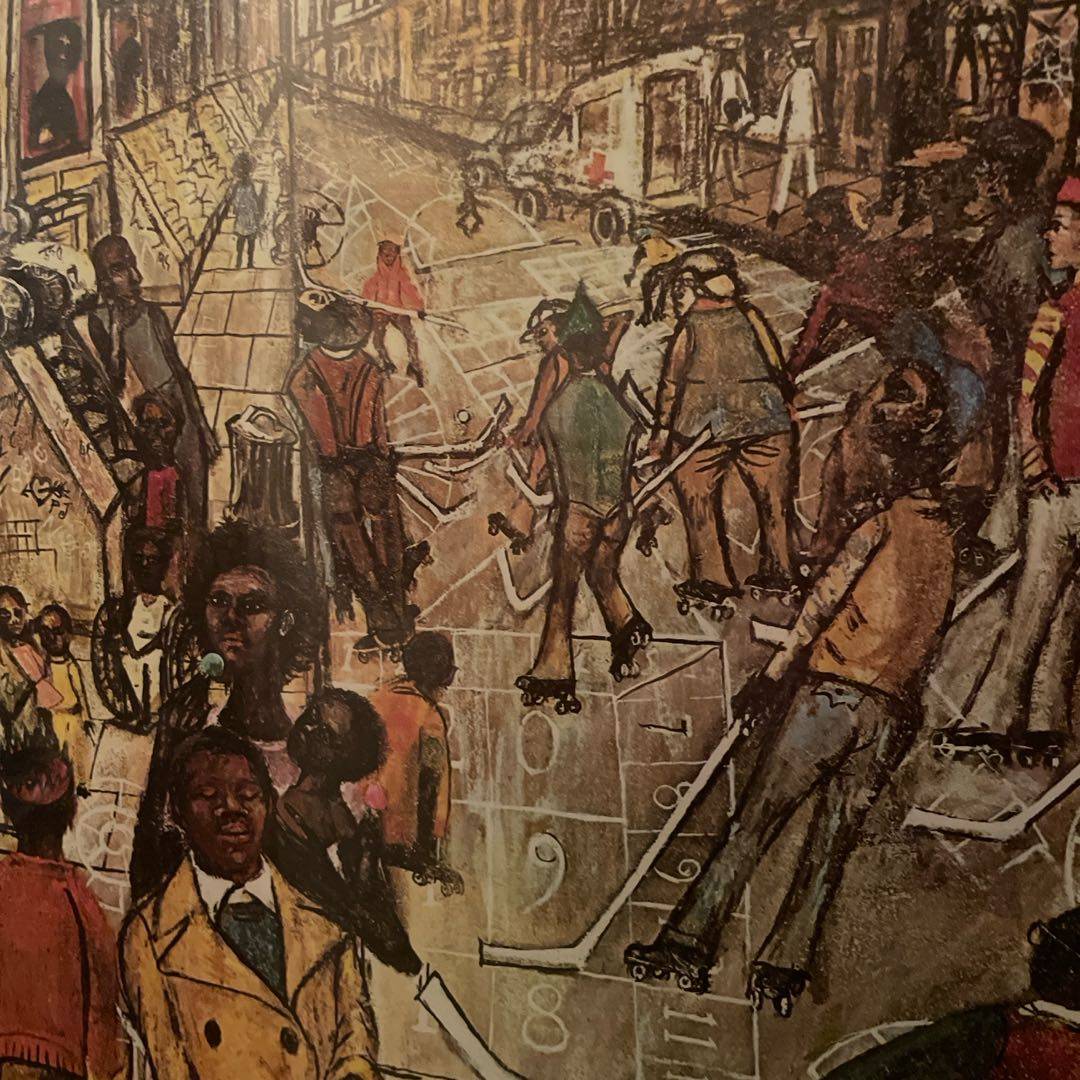
A very compelling story blending the genre of sentimental abolitionist novel with slave narrative to question the caste system of race in post civil war America. Iola was almost too good for me. I hated how her story was told through the men in the novel but loved the story, told with grace, although it addressed the darkest and most disgusting part of a deeply American institution, one were still reckoning with today.
📸 by Philip Evergood

Didn‘t read as much as January but enjoyed all of these.
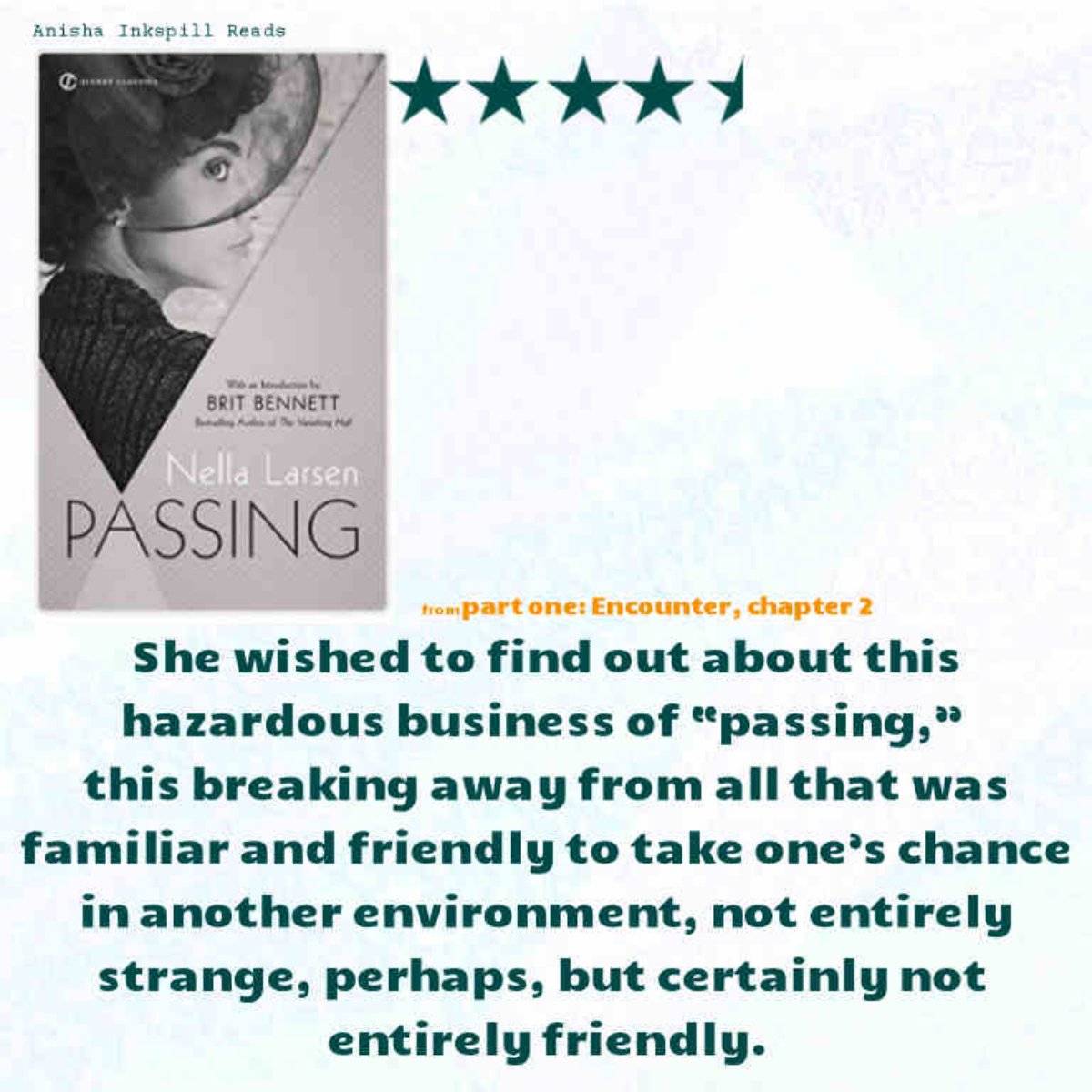
#2025reads #Fiction
This is a beautiful read in how it shows a complicated dynamics between race and personal identity. All the way through I could see something dreadful was ahead, and then it happened and I had to pause, recollect myself before carrying on.
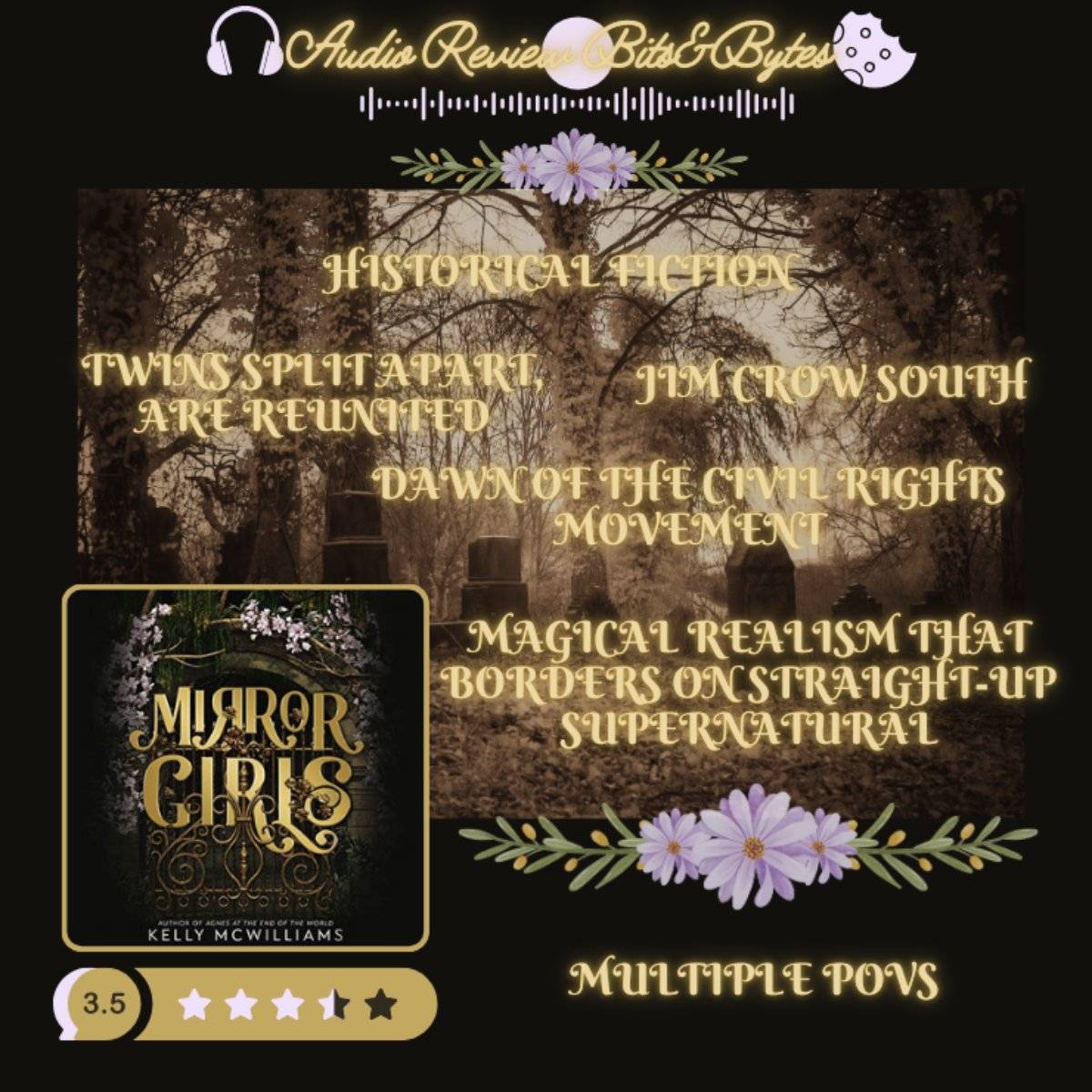
3.5⭐(Light Pick)
•I feel like this was a bit unfocused and lacked depth. Maybe it needed to pick one genre and stick to it. It seemed to want to dip its toes into as many as possible without fully committing to one. Overall, it had elements that worked and ones that didn‘t work for me.
•The narration performed by Deanna Anthony, Carmel Jewel Jones, & Robin Eller was fantastic.